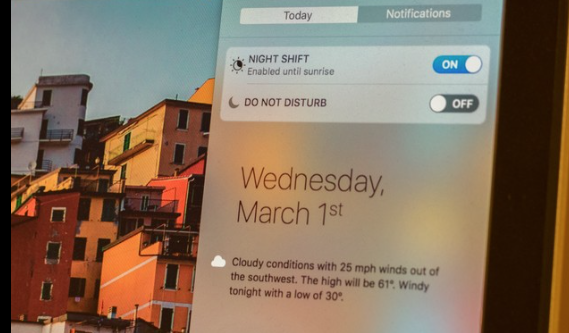Welcome to the future, where technology and robotics have revolutionized human lives.
Since ancient times, the workforce has been pushing the wheel of the economy. However, the progress of technology, such as AI-driven tools and machines, is making life easier and shaping a smarter and more efficient world. Therefore, it is predictable that we will reach a point where we no longer need to work.
So, one might ask: “How are we supposed to earn money to pay for our expenses?”
Since people won’t need to work anymore, the government can distribute wealth by providing a minimum wage to every individual and take back again through taxes on expenses instead paying salaries for working hours. This way, robots can serve the future population instead of people. Higher taxes instead of salary of employees, monthly stable income for basics of life.
A wide pyramid with less inequality
Just as the Industrial Revolution increased welfare and improved quality of life, the robotic future promises an even better tomorrow.
There will still be further growth opportunities for people who wish to participate in society, such as those who prefer a traditional lifestyle over being served by robots. Those who choose to keep the old-school lifestyle, might still offer us handmade pizza or human interaction at the funky coffee corner in the neighbourhood. But then no one will need to work to provide the basics of their lives.
Inventors, scientists, entrepreneurs, and those interested in improving the quality of life will compete for growth, while poverty disappears and society no longer requires uneducated people to do those jobs which nobody likes. Imagine, folding up a floor from the bottom of the pyramid to remove poverty from the world.
We are part of the process, and each individual in the world determines the speed of progress for their society.
This might be the requiring step to end the modern slavery!
Sam Abdi
22, May 2024 – Amsterdam


